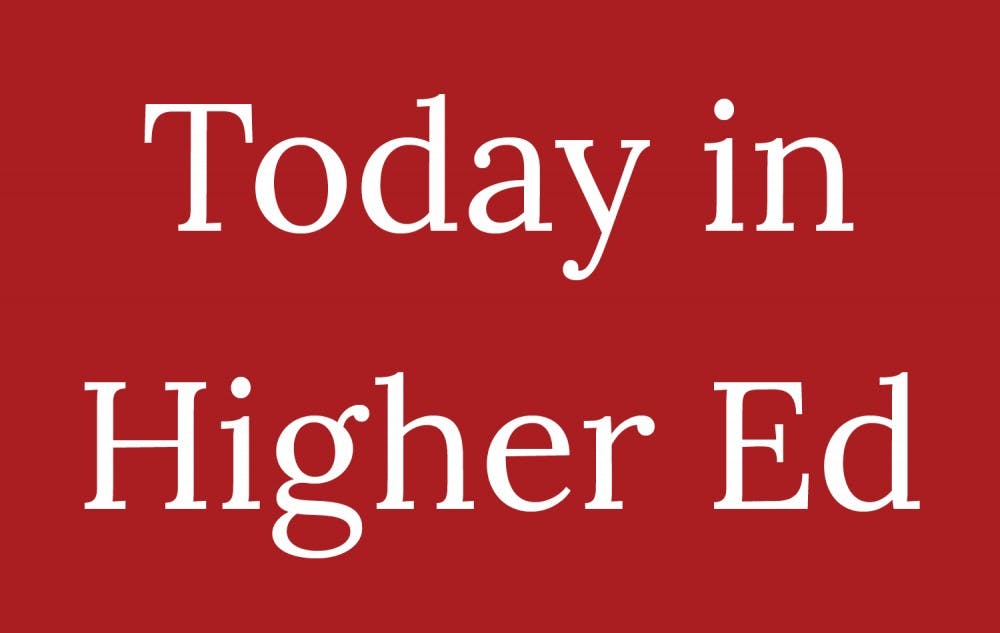A recent article published by Newsweek outlined the challenges for undocumented students’ access to higher education, and the problems that they may face once Donald Trump takes office.
The article, co-written by a professor of sociology and a Ph.D. student at the University of California, Merced, details education policies that vary by state. While immigration policy is under the jurisdiction of the federal government, states have the ability to pass additional laws, with Arizona’s “lawful stop” law being a prime example.
Ala. and S.C. both explicitly ban undocumented students from enrolling in all public institutions of higher education, while Ga. bans students from enrolling in the top five most selective public universities of the state.
In contrast to these policies, 20 states allow undocumented students to not only attend public institutions, but also pay in-state tuition. According to the article, five of these states also offer financial aid. Neither of these policies applies to private institutions like Penn, which have the ability to set their own regulations.
One of President-elect Trump’s platforms is to reverse the many executive orders enacted by Barack Obama, including a policy that temporarily protects undocumented youth from deportation. This policy, known as Deferred Action for Childhood Arrivals, or DACA, also grants most undocumented students access to part-time employment while enrolled in higher education.
Although a repeal of DACA will negatively impact undocumented students’ access to wages, it will not have any effect on any current state legislation, regardless of whether it harms or hinders these students.









